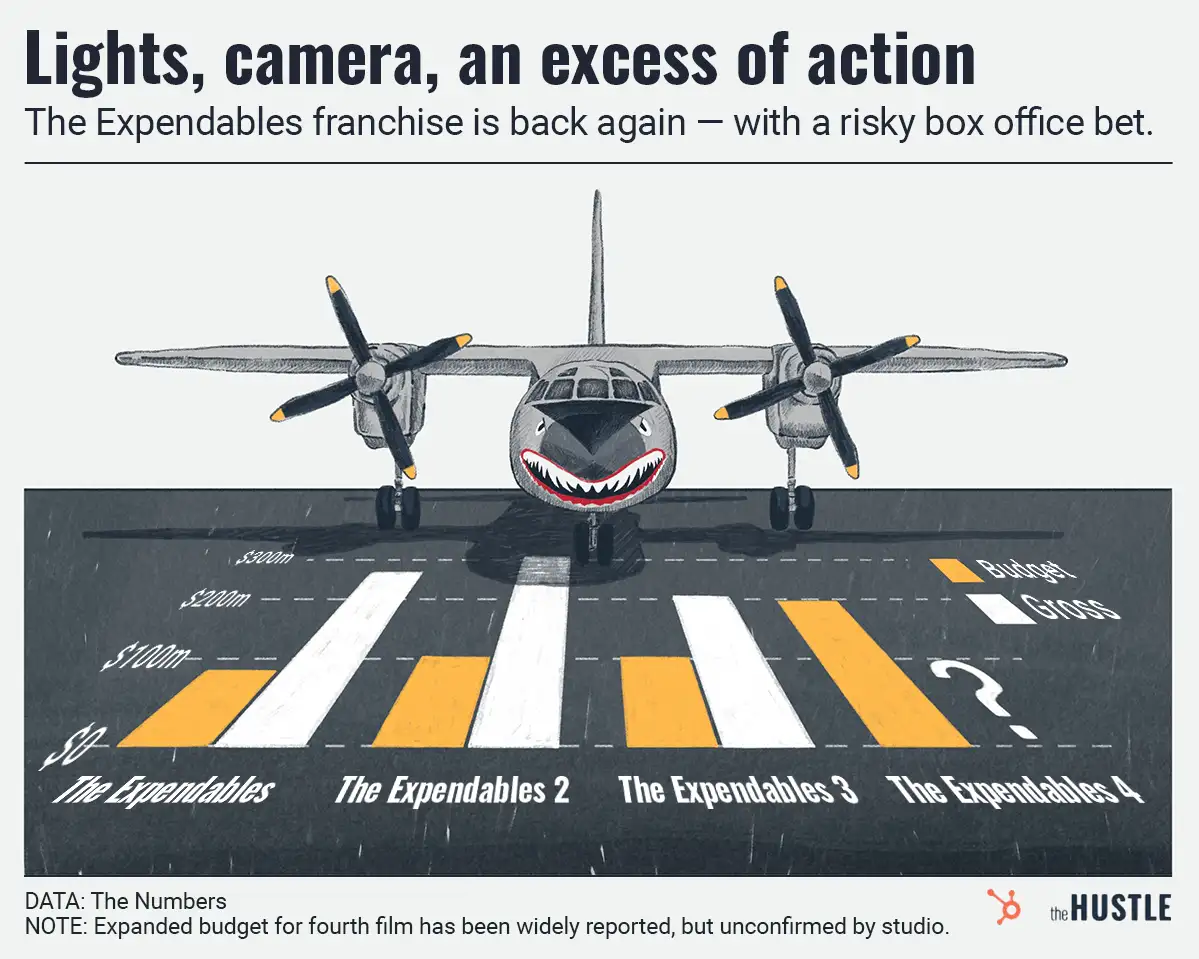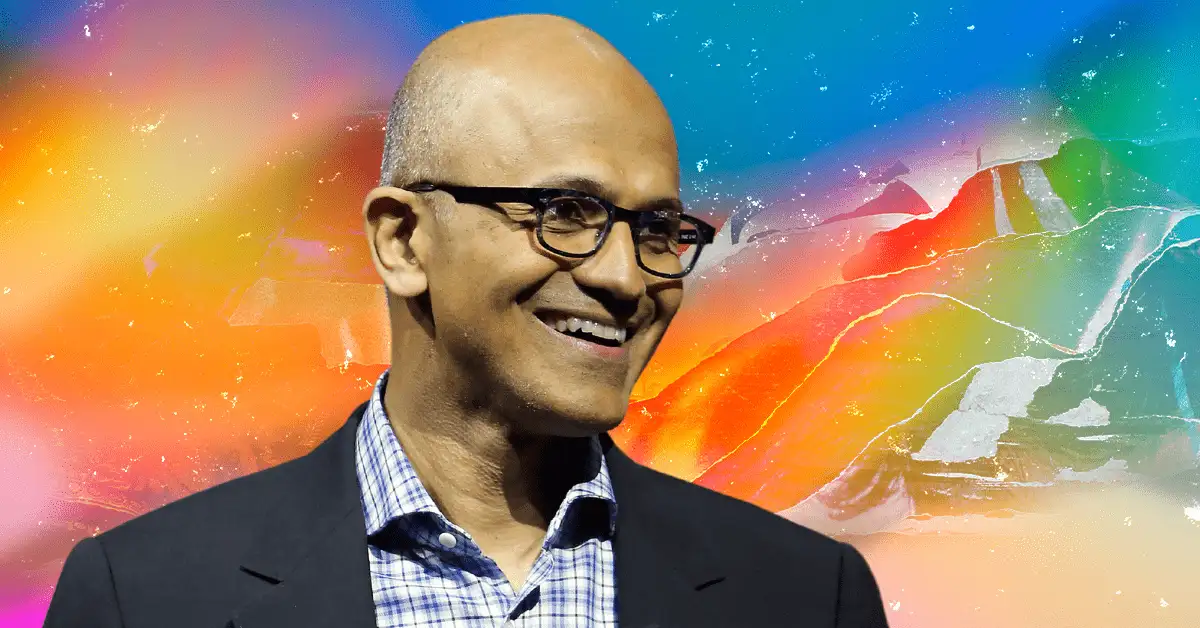Console gaming is back in the spotlight, with major announcements in recent weeks:

- Sony will release its new PlayStation 5 on November 12 (starting at $399.99)
- Microsoft will release its new Xbox Series S/X on November 10 (starting at $299.99)
These releases come after Sony mercilessly (without mercy) trounced Microsoft in the previous round of the console wars.
Since 2013, the PlayStation 4 has sold a remarkable 100m+ units
In comparison, Microsoft’s last-generation console — Xbox One — moved less than 50m units.
Tech writer Ben Thompson says there are a number of reasons that the PlayStation 4 was able to score a 2:1 sales advantage over the Xbox One:
- Positioning: Sony treated its console as a niche gaming device whereas Microsoft wanted the Xbox to “take over the living room.”
- Bets: Because Sony was focused on being a gaming console, it invested in exclusive titles for the PS4. Microsoft bundled in its motion sensor Kinect camera, which raised the XBox One price.
- Digital Rights Management (DRM): When a game is downloaded, it is locked to the console. Microsoft tried applying the same policy to its physical game disks — an unpopular move it later reversed.
The gaming strategies are diverging
Per Thompson, Sony is staying true to its gaming niche and following the traditional razor (PlayStation 5) and blades (exclusive games, online services) model that has long defined consoles.
Conversely, Microsoft wants out of the (loss-leading) hardware business and is transitioning to a services model.
And it’s doing so by pushing Game Pass, a cloud gaming subscription starting at $9.99/month. It’s available on Xbox, but also for PC and Android phones.
Not Microsoft’s first pivot to subscriptions
When Satya Nadella became Microsoft CEO in 2014, he shifted the firm’s focus from its license-based Windows operating system to a cloud-based business built on recurring services revenue.
Since the shift, $MSFT’s market cap has increased more than 5x to $1.6T.
Microsoft is rolling out the same playbook for the Xbox, and its recent $7.5B acquisition of ZeniMax Media (Doom, The Elder Scrolls) will help further the strategy.










